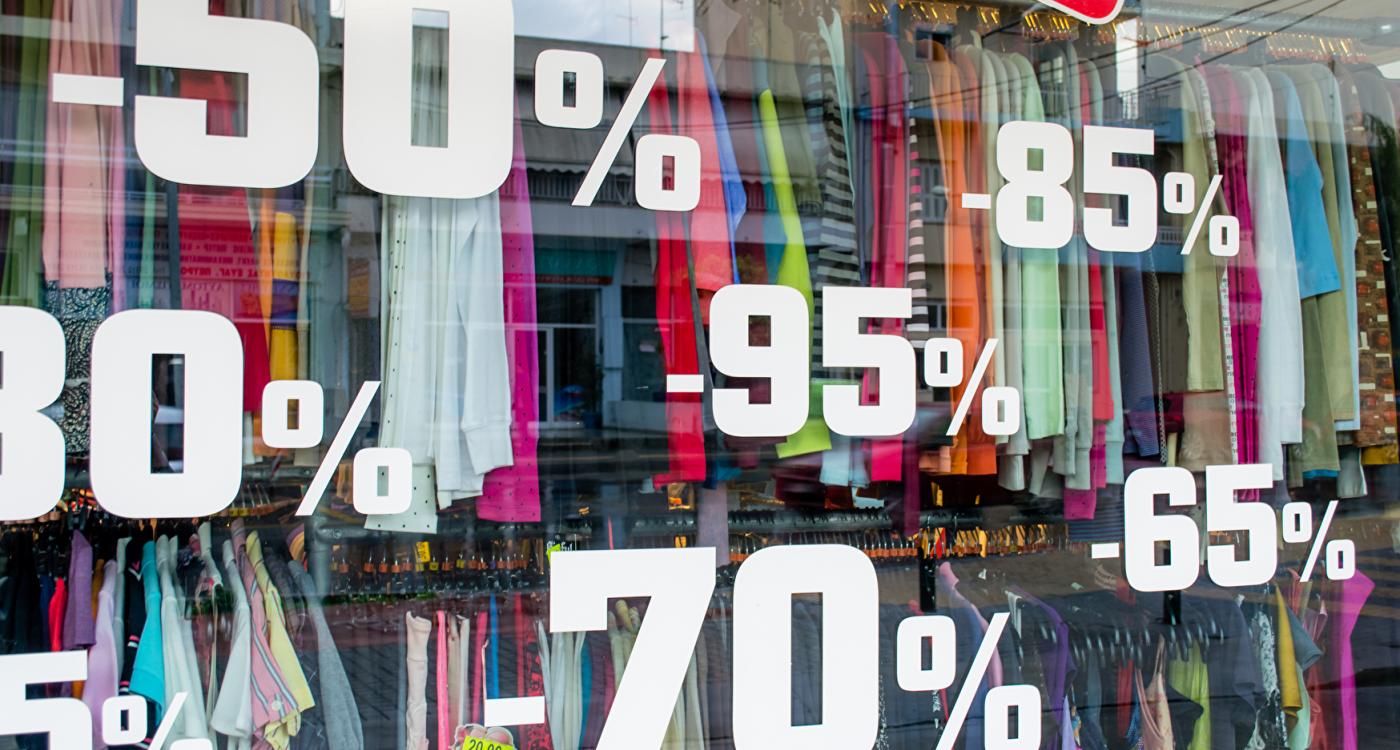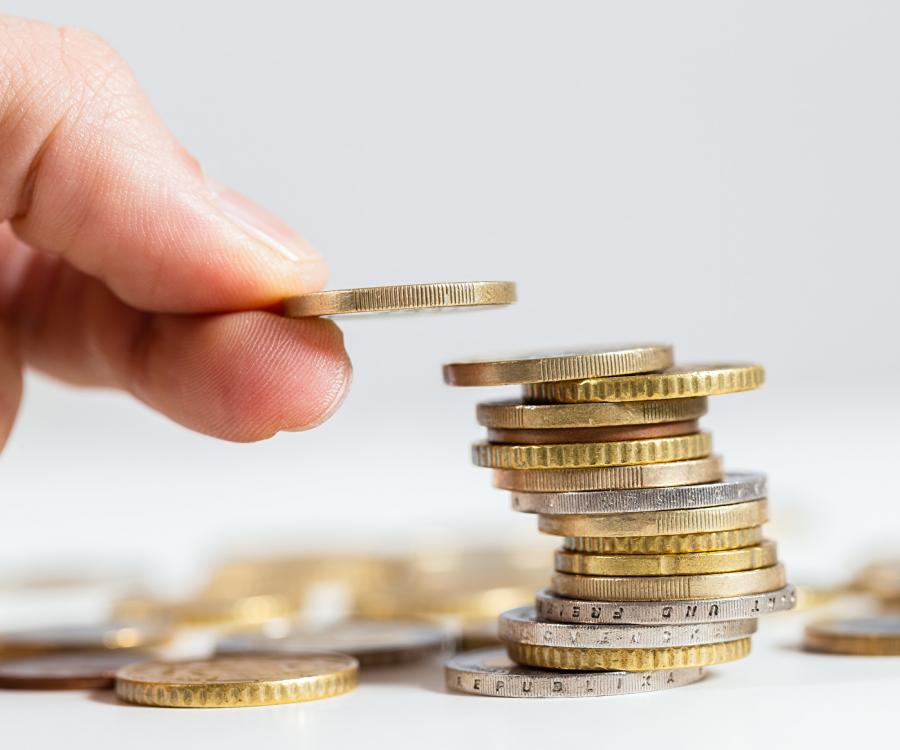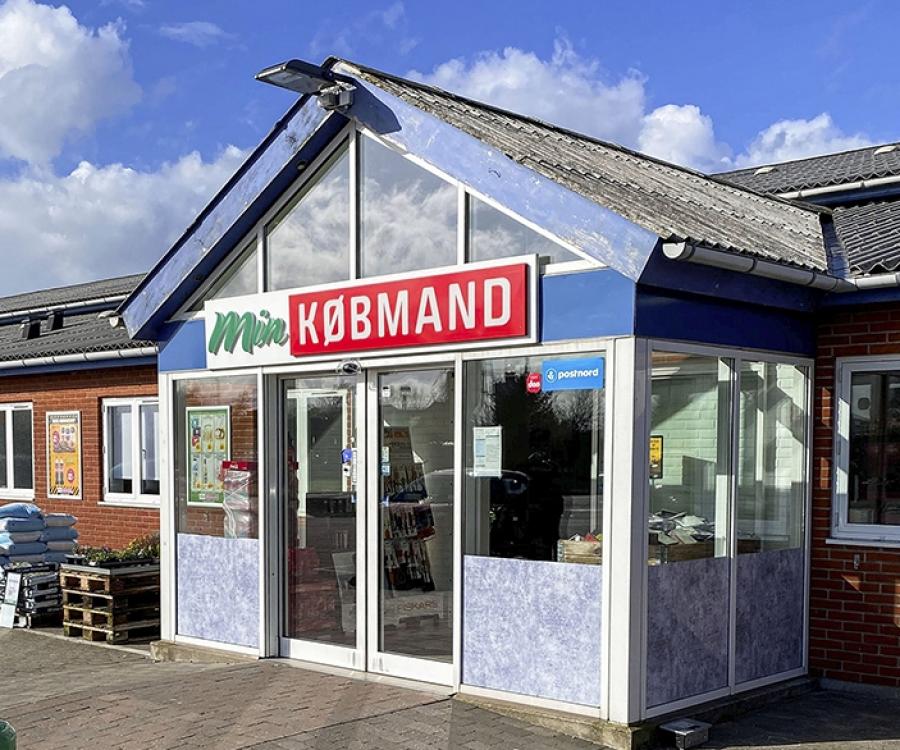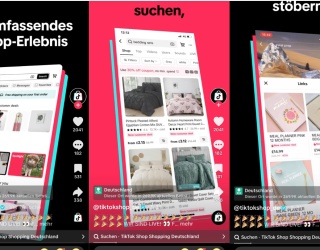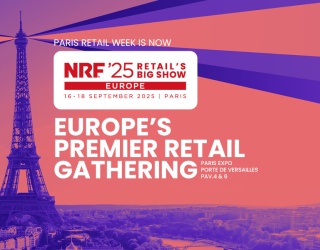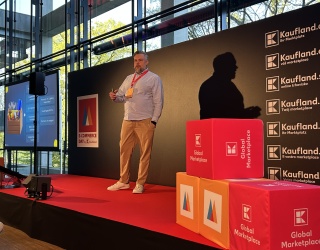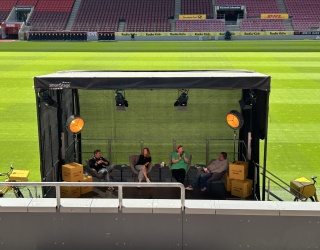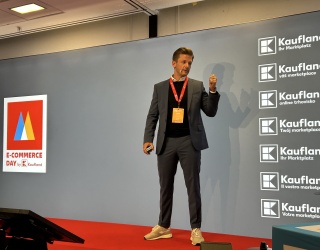In a conversation with iXtenso, Professor Kai-Markus Müller, CEO of The Neuromarketing Labs gives great insights into how products and prices affect the brains of shoppers.
How does he know? He is a neuroscientist and can look inside the brain. That’s why he cautions retailers to study whether sales promotions truly have the desired effect.

Are prices really as important as we think? Isn’t it the product customers are most interested in?
A number of studies have shown that our perception of products actually changes with the price structure and that price affects sensory processes in our brain.
In a famous study from California, wine experts tasted wine, while researchers took scans of their brains at the same time. The test subjects were also given the price of the allegedly different varieties of wine. As it turned out, the subjects liked the taste of the same wine better when it came with a higher price tag. This applies to both when subjects are surveyed and when you look inside their brains.
The fact that price influences perception is a learned association that is deeply ingrained in us.
Does price really affect decisions that consumers make?
Not always. It depends on whether you highlight the price or not. It affects consumers if you specifically nudge them and say, "Check out this great price. What a great bargain for you.” A great example of this is the Media Markt advertising slogan “Ich bin doch nicht blöd” (Hey, I'm not stupid). Of course, this concept also applies if you focus on higher prices.
Having said that, I would say that retailers often tend to overestimate the effect of price on the buying decision.
What’s your take on dynamic pricing?
Dynamic pricing allows retailers to increase revenue and profit in the short run. For the next four months, they might attract customers away from their rivals with prices that are just below competitor’s prices.
However, in the long run, you train consumers to check out competitors and prices and you will quickly lose them again to the store where the price is lower. You should avoid becoming unprofitable like gas stations, which continue to try to undercut each other. They make just a few micro-cents for every liter of gasoline sold. That’s why they are now forced to subsidize gas sales by selling expensive snack items to gas station customers. At this point, gas stations have killed any profits from their core product.
Does that mean retailers should tread carefully when it comes to this learning effect?
Absolutely. You can train the shopper’s brain. We can see that with airline ticket prices. These days, we have come to accept that the person sitting next to us on the plane probably paid a different price for his/her ticket. Consumers are trained to search for the best price online. And now one airline after another crashes into bankruptcy.
The same behavior can be observed in the retail sector. The textile industry has trained its customers to only buy items from discount chains or to shop for reduced merchandise. The fashion industry is feeling the crunch of changing shopping habits because customers are now always looking for the best deals and return items in the worst-case scenario.

But aren’t price promotions still a great way to attract new customers?
The question is whether this is what you really want. After all, you are targeting a specific group of customers you will never earn a lot of money from.
Let's take a look at Praktiker, the chain that offers home improvement and DIY goods. Why did Praktiker file for bankruptcy? The chain had constant price changes and product promotions and only sold products priced just above cost. People would drive twenty kilometers to purchase a grill for 50 euros. The next time Praktiker sold this grill for a mere 35 euros, the same customers would drive back and return the grill and sometimes even demand a refund of 15 euros.
I believe it’s problematic when retailers offer selective promotional pricing – especially when it comes to more expensive products. This is not as evident when Edeka or Rewe stores offer yogurt or toothpaste on sale and consumers purchase the other items at the regular price or buy eight yogurts on sale.
Yet things are different at a hardware store, where people typically buy exactly what they need. In that case, customers purchase the lawn mower that’s on sale and that’s it. Retailers are sometimes inspired by the wrong industry.
What’s a great counterexample in your eyes?
Take a look at Hornbach (German DIY store) or dm (German drugstore chain). Needless to say, these stores also have occasional sales to quickly move certain items, yet customers generally don’t visit these stores because of their sales promotions.
A successful approach is when retailers like Aldi or Lidl offer products at a good price/performance ratio. Customers know these stores always have quality merchandise at a reasonable price.
What is your advice for retailers? What pricing strategy should they take?
I believe a good pricing strategy doesn’t focus on the price so much. Retailers should create a great customer experience, a powerful product presentation, and build consumer trust.
Don’t teach your customers to be bargain hunters. It’s hard enough to compete against online retailers. Competing with online sellers on price is the equivalent of a horse competing against a car. That’s not the future of retail.

